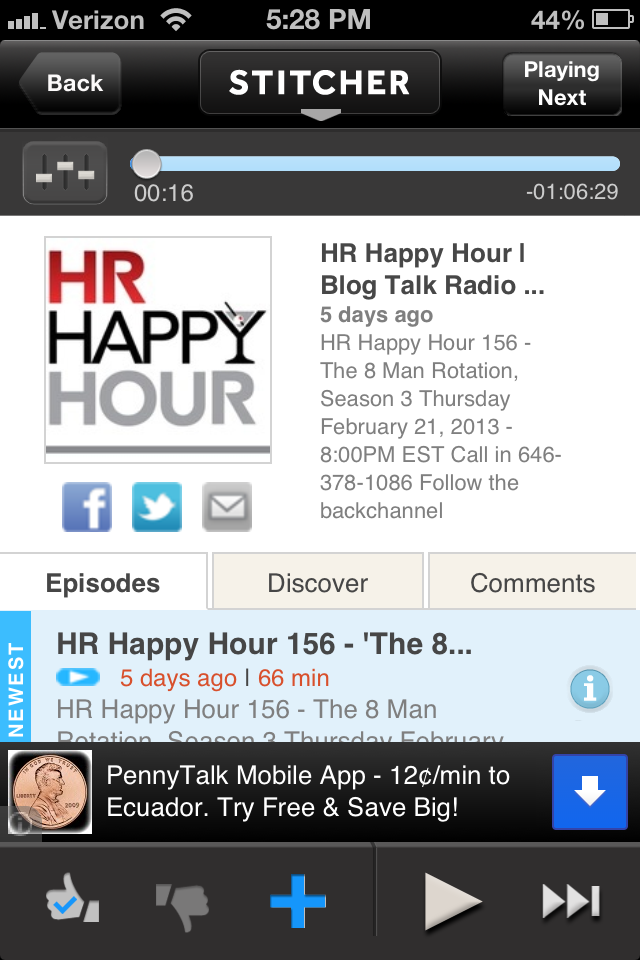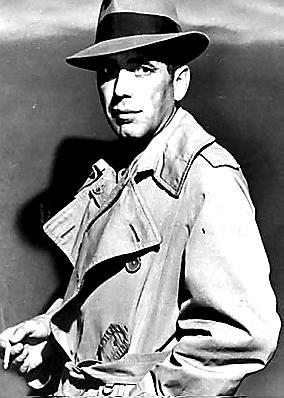#HRHappyHour LIVE Tonight - 'Recruiting in 2013'
The HR Happy Hour Show is back and this week we are really excited to welcome back to the show the great Gerry Crispin - an industry thought leader, influencer, and the man who has the pulse of the world of corporate recruiting.
Gerry's influence in the world of recruting is immense - his firm CareerXRoads issues the definitive 'Source of Hire' report each year that is widely regarded as the industry benchmark.
Addtionally, Gerry is one of the driving forces behind the new Candidate Experience movement - spearheading research and awards that are pushing the recruiting community to improve and enhance how candidates are treated in the recruiting process.
This week we will talk with Gerry about some of the big-picture trends in corporate recruitng, hit upon what technologies are having the most impact, and what we can expect to see in the world of recruiting in the future.
You can catch the show in a few different ways - listen to the live stream starting at 8:00PM ET on the show page here, or using the widget player embedded below:
You can also listen via the call-in listener line - 646-378-1086, (if you are brave you can even join the fun).
After the show, you can access the replay anytime from the show page, or from the Apple iTunes store - just search for 'HR Happy Hour' in the podcasts area and download the show for free to your iDevice.
And just this week, the HR Happy Hour has made it on to Stitcher Radio - the leading iPhone and Android app for podcasts. Just download the free Stitcher Radio app and search for 'HR Happy Hour'.
I know it will be a fun show tonight - even if you are not a huge sports fan I think there will be some insights on how sports and HR and talent and recruiting and work are all interrelated that you will find interesting.
So this week we think you wil enjoy the conversations on all things recruiting with the great Gerry Crispin, of course also joined by the HR Happy Hour hosts - Steve Boese and Trish McFarlane.
It should be a fun show and I hope you can join us!

 Steve
Steve

